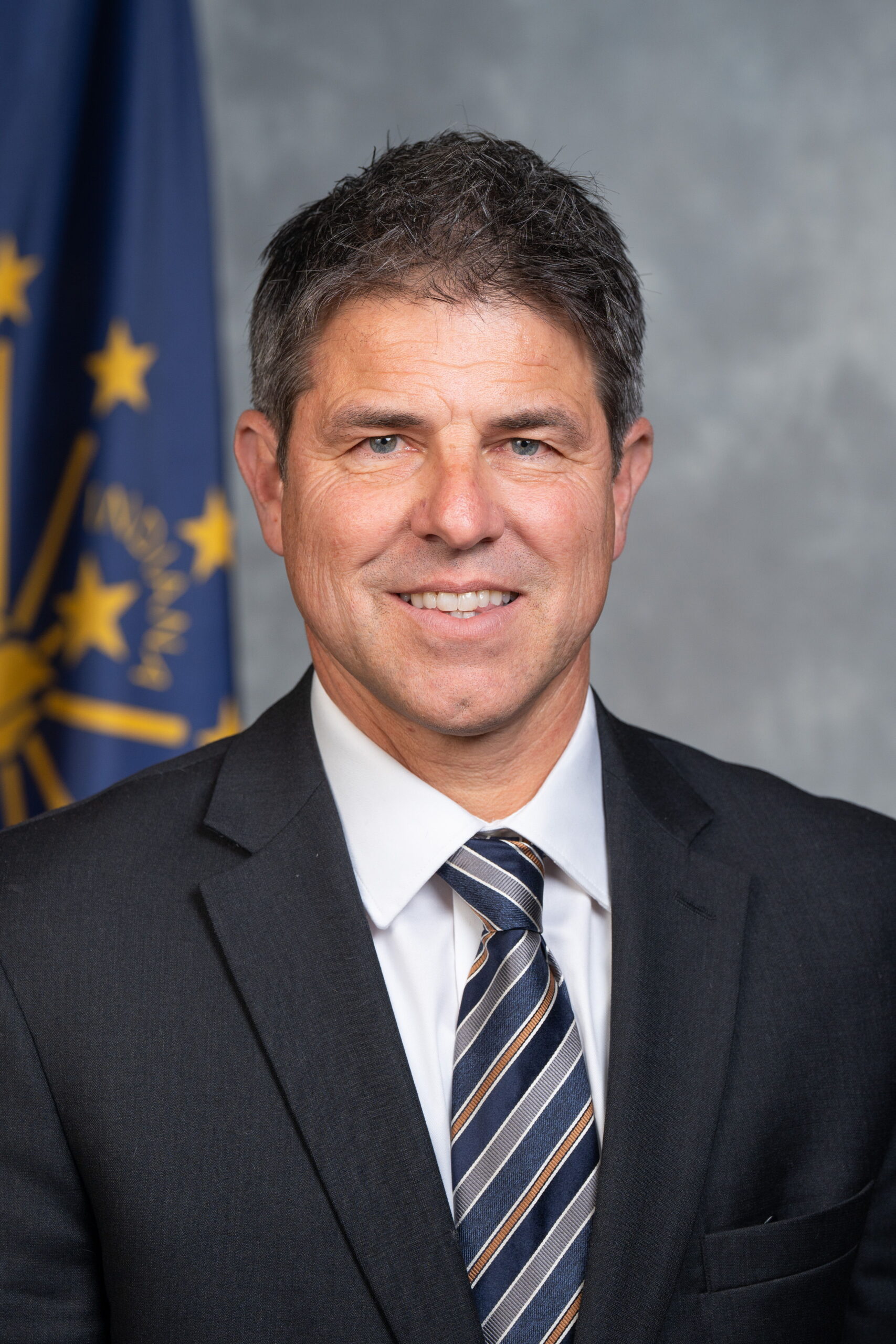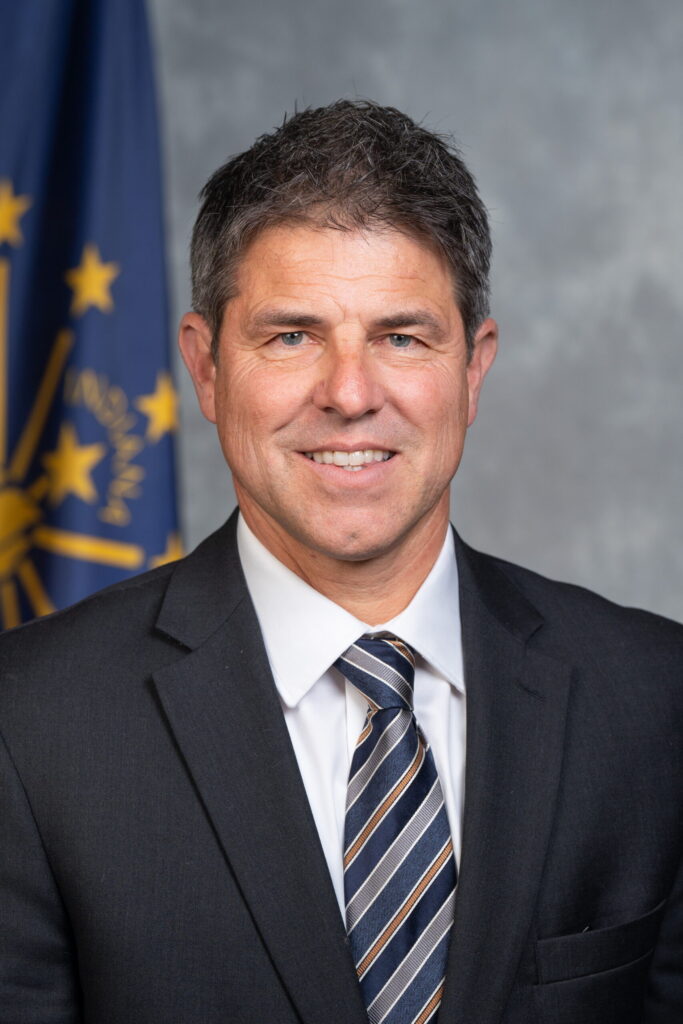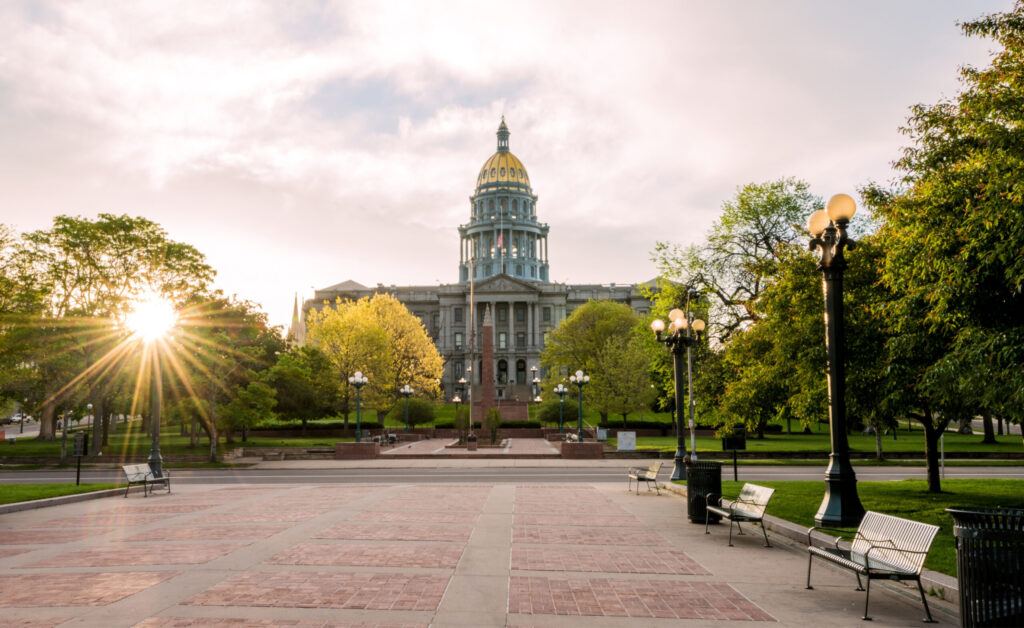“We Showed Up—They Didn’t”: Republicans Slam DFL Over Bonding Bill Standoff

As Minnesota’s special legislative session proceeds without a bonding bill in motion, Senate Republican Leader Mark Johnson is criticizing Democratic-Farmer-Labor (DFL) leaders for refusing to negotiate or compromise on a critical piece of legislation that traditionally funds statewide infrastructure projects.
In a statement released this week, Johnson said that bonding bills have always required cooperation between both political parties and that Republicans have approached the process with bipartisan proposals. He accused Democrats of refusing to engage in any back-and-forth on the issue.
“Bonding bills require cooperation and compromise and that’s why our proposals have included bipartisan bills and ideas,” Johnson said. “I have not received a single counter proposal from Democrats. Democrats are the only ones unwilling to work together to pass a bonding bill and are playing political blame games to appease their activist base.”
Bonding bills in Minnesota authorize the state to issue general obligation bonds—essentially state-backed loans—for infrastructure projects that range from roads and bridges to wastewater treatment systems, university buildings, public safety facilities, and more. Because they commit the state to long-term debt, these bills require a 60% supermajority to pass in both legislative chambers. That means Republicans and Democrats must find common ground to move any such legislation forward—especially in the Senate, where Republicans hold enough seats to block the measure without bipartisan support.
The current impasse marks a continuation of partisan gridlock seen earlier this year, when the regular legislative session ended without an agreement on bonding. Governor Tim Walz had indicated at the time that he would be open to a special session to complete unfinished business, including a bonding package, but no deal was reached before the deadline. Now, with a special session underway, Republicans say they have returned to the table with good-faith efforts, while DFL leaders have publicly indicated they are not interested in revisiting the bonding discussion during this window.
“Senate Republicans have put Minnesotans first all session by offering and voting for bipartisan solutions to the challenges we face as a state and will continue to do so,” Johnson added. “Unfortunately, Democrats are ignoring our good-faith efforts at compromise and in doing so, they ignore the needs of hardworking Minnesotans.”
The absence of a bonding bill could have immediate consequences for communities across the state. Local governments often rely on state bonding dollars to fund large infrastructure projects they could not otherwise afford on their own. In past sessions, these bills have helped repair aging bridges, upgrade water treatment plants, and invest in university research labs and community colleges.
Statewide, local officials have voiced concern over delayed bonding negotiations, noting that uncertainty can halt or slow down important construction timelines, push back job creation, and increase costs due to inflation and fluctuating interest rates. With federal infrastructure funding available through the bipartisan Infrastructure Investment and Jobs Act (IIJA), some state and local leaders had hoped to align bonding projects with those dollars to maximize impact.
Nationally, infrastructure investment has remained a rare bipartisan focus, with Democrats and Republicans alike recognizing the long-term economic and public safety value of modernizing transportation, energy, and water systems. However, partisan gridlock at the state level has increasingly led to stalled projects, delayed investments, and mounting backlogs of repair and modernization needs.
Minnesota’s current stalemate reflects a broader trend seen in several states where divided legislatures or narrow majorities make passing capital spending measures more difficult. According to the National Conference of State Legislatures, bonding or capital expenditure bills failed to pass in at least six states in 2024 due to political disagreements, many of which stemmed from unrelated policy disputes or election-year dynamics.
In Minnesota, the DFL controls the House, Senate, and Governor’s office, but the Senate’s slim majority still requires bipartisan cooperation to reach the threshold needed for a bonding bill. Without it, dozens of shovel-ready projects across the state could remain unfunded.
Republicans have argued that their bonding proposals include input from both parties and reflect shared priorities. They contend that refusing to even enter negotiations harms Minnesotans and undermines the state’s ability to meet pressing infrastructure needs.
Johnson’s remarks also suggest that he believes DFL lawmakers are more focused on appeasing political activists than delivering tangible results. While DFL leaders have not formally responded to Johnson’s statement, previous comments have indicated that they view Republican demands on bonding as too high or politically motivated.
With the special session continuing but time and political goodwill dwindling, the fate of the bonding bill remains uncertain. Without action, municipalities across Minnesota may be forced to postpone construction seasons, defer maintenance, or seek alternative—often costlier—funding sources.
As of now, there is no public indication that either party is planning to resume negotiations on a bonding bill before the close of the special session.
RECENT










BE THE FIRST TO KNOW
More Content By
Think American News Staff











